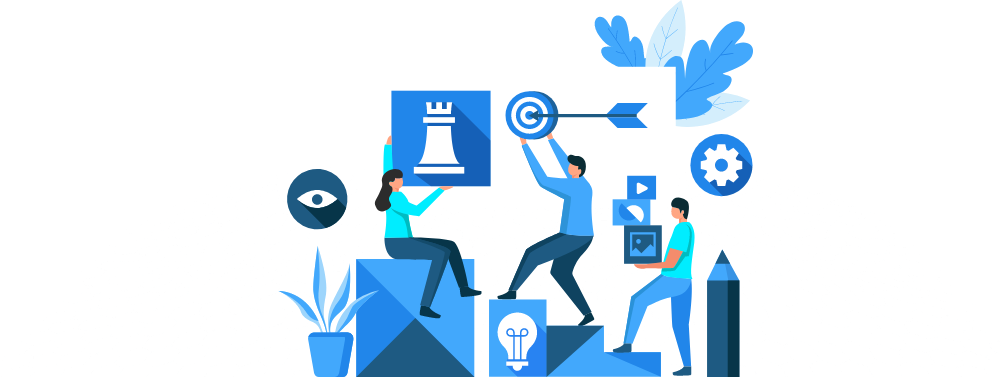2011
Founded
Year
50+
Achieved
Awards
98%
Clients Retention
100+
Core
Team
120+
Projects Implemented
40%
Business Efficiency with AI
Our MVP Development Case Studies
Our AI-Powered Development Advantage
AI isn’t just hype – it’s how we deliver MVPs 30-50% faster without compromising quality
-
Predictive Feature Prioritization
AI analyzes market data, user behavior patterns, and competitor features to prioritize what will drive adoption. No more guessing – build what matters.
40% reduction in wasted features
-
Automated Code Generation
AI accelerates boilerplate code, API integrations, and standard patterns. Our developers focus on unique business logic, not repetitive tasks.
30% faster development cycles
-
Intelligent Testing & QA
AI-powered testing catches edge cases humans miss. Automated regression testing ensures stability as your MVP evolves.
50% reduction in post-launch bugs
-
Real-Time Analytics
Built-in AI analytics track user behavior, conversion funnels, and feature adoption. Make data-driven decisions from day one.
Predictive insights included
Who Benefits from Our MVP Development Services
-
Startups
Launch your product idea with speed and precision. We help startups build MVPs that validate ideas and attract early adopters.
-
Software Product Companies
Roll out feature-light versions fast to test the market, gather user feedback, and reduce time-to-market risks.
-
Enterprises Across 30+ Industries
Explore new digital initiatives with MVPs designed to reduce investment risks and drive innovation across departments.
-
Entrepreneurs & Founders
Transform your vision into a working prototype. Our team guides founders through every stage of MVP creation to secure investor interest.
-
Investors & Incubators
Support your portfolio companies with high-quality MVP builds that focus on usability, scalability, and user feedback loops.
-
Digital Agencies & Consultancies
Partner with Cloudester to deliver top-notch MVP solutions for your clients without stretching your in-house team.
End-to-End MVP Services – From Strategy to Launch
We deliver complete MVP development services covering every phase from planning and design to coding, testing, and post-launch support.
-
MVP Planning Services
Our experts define your market strategy, key features, and technology stack to ensure a solid MVP foundation.
-
MVP Development Services
We turn your concept into a fully functional MVP using agile methods for faster delivery and scalability.
-
MVP Support & Evolution Services
Once your MVP is live, we help refine, optimize, and scale it based on user feedback and real-time performance.
PoC vs. Prototype vs. MVP – What’s the Difference?
-
Proof of Concept (PoC)
A PoC tests if your idea is technically and financially viable using minimal coding and core functionality.
-
Prototype
A prototype focuses on user experience by visualizing workflows, testing design concepts, and refining usability.
-
MVP
An MVP is a working version of your product built with only the essential features for real-world use.
Awards
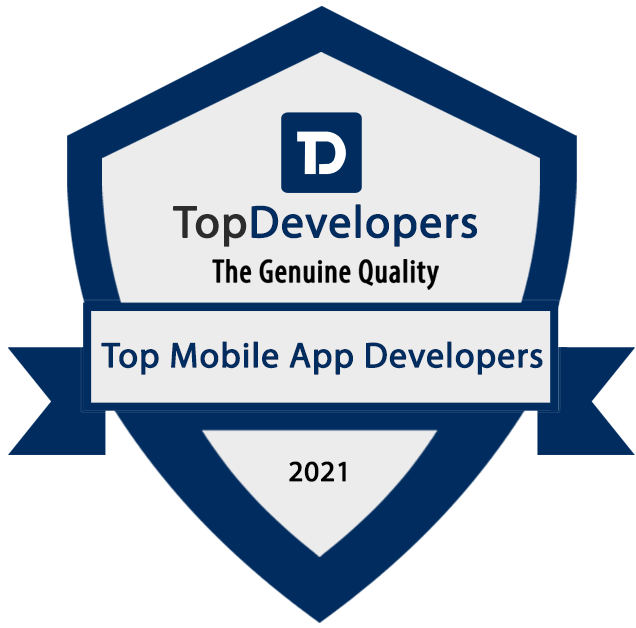

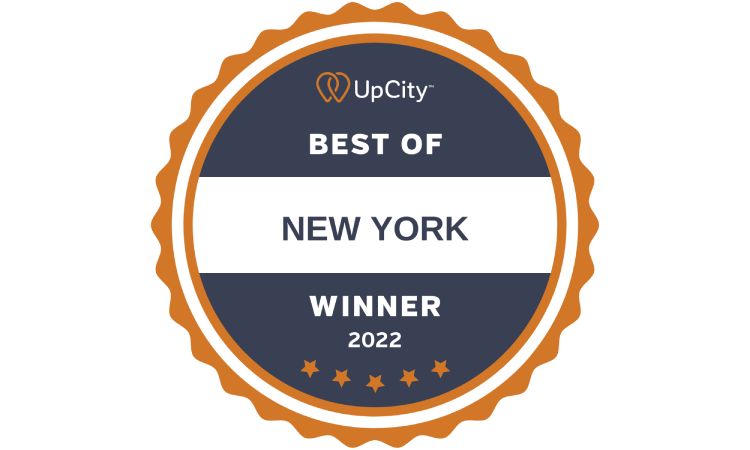


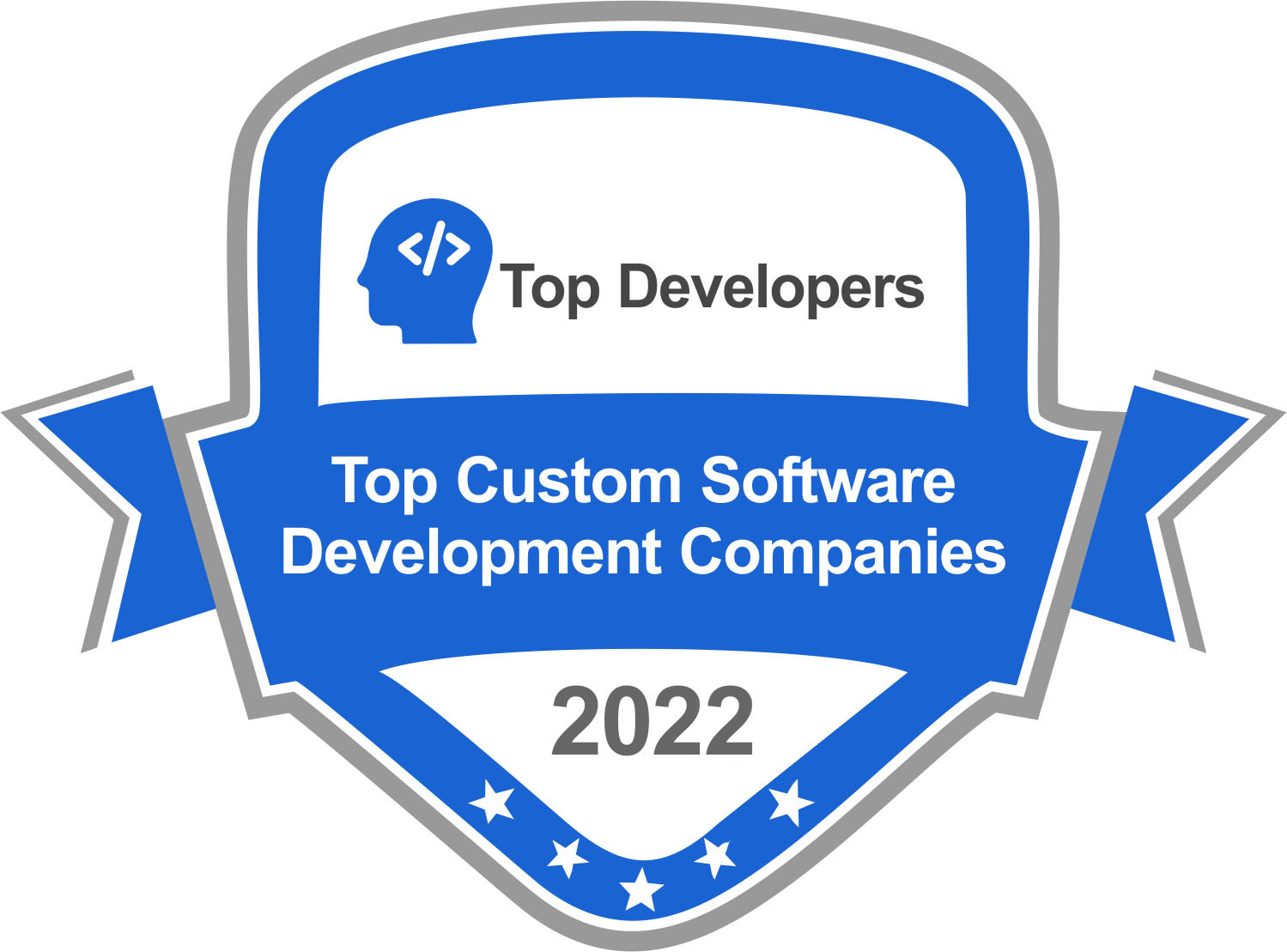

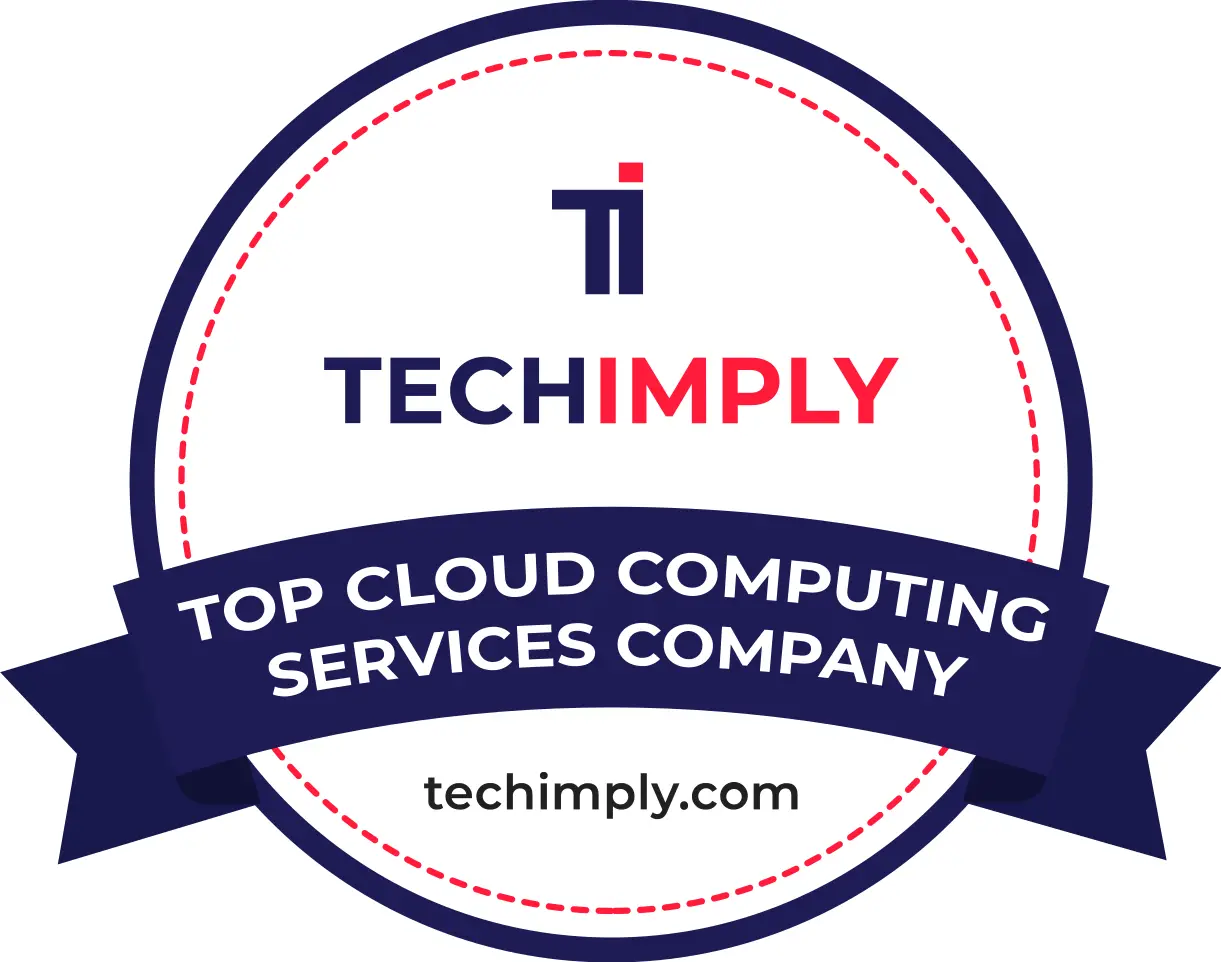
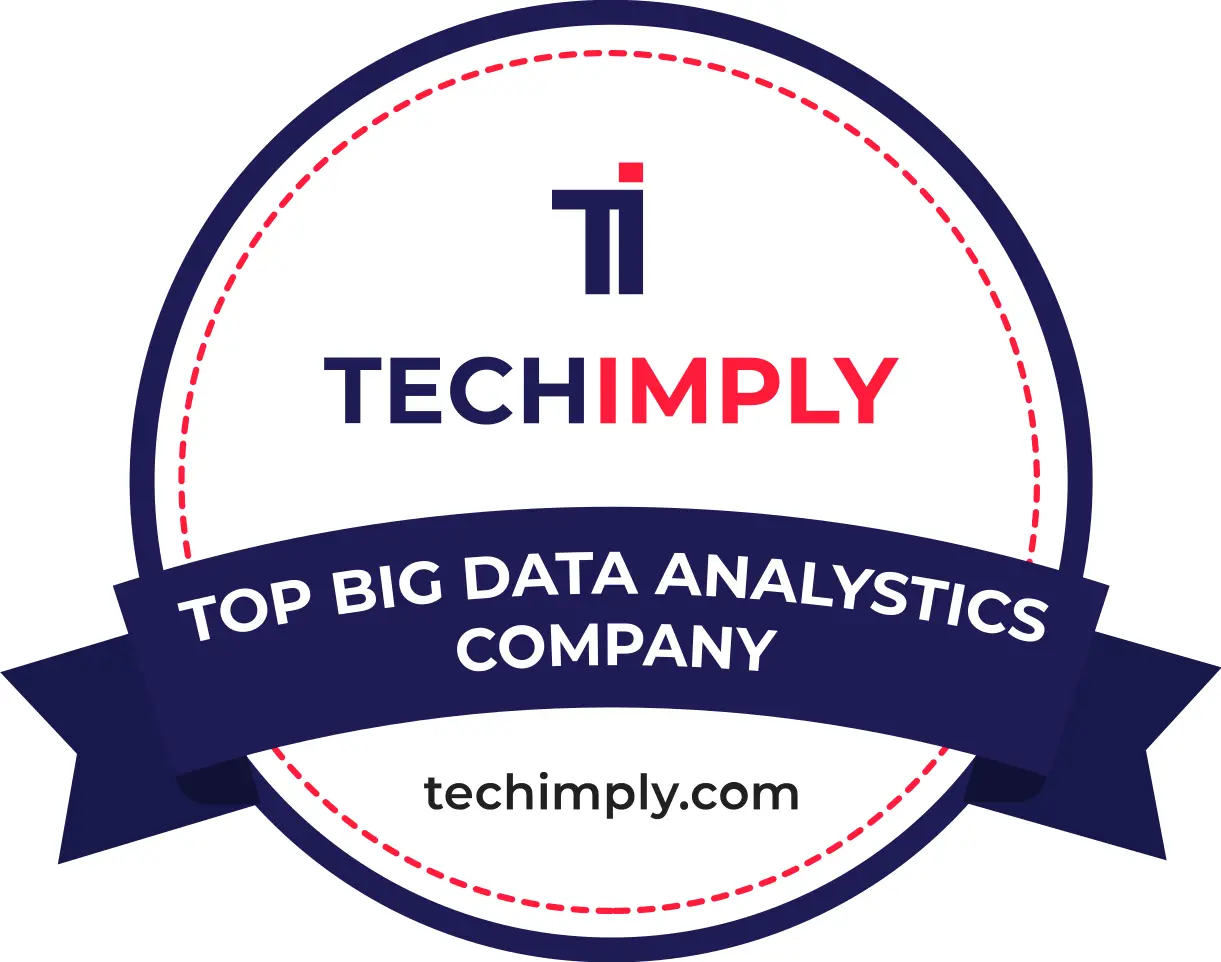
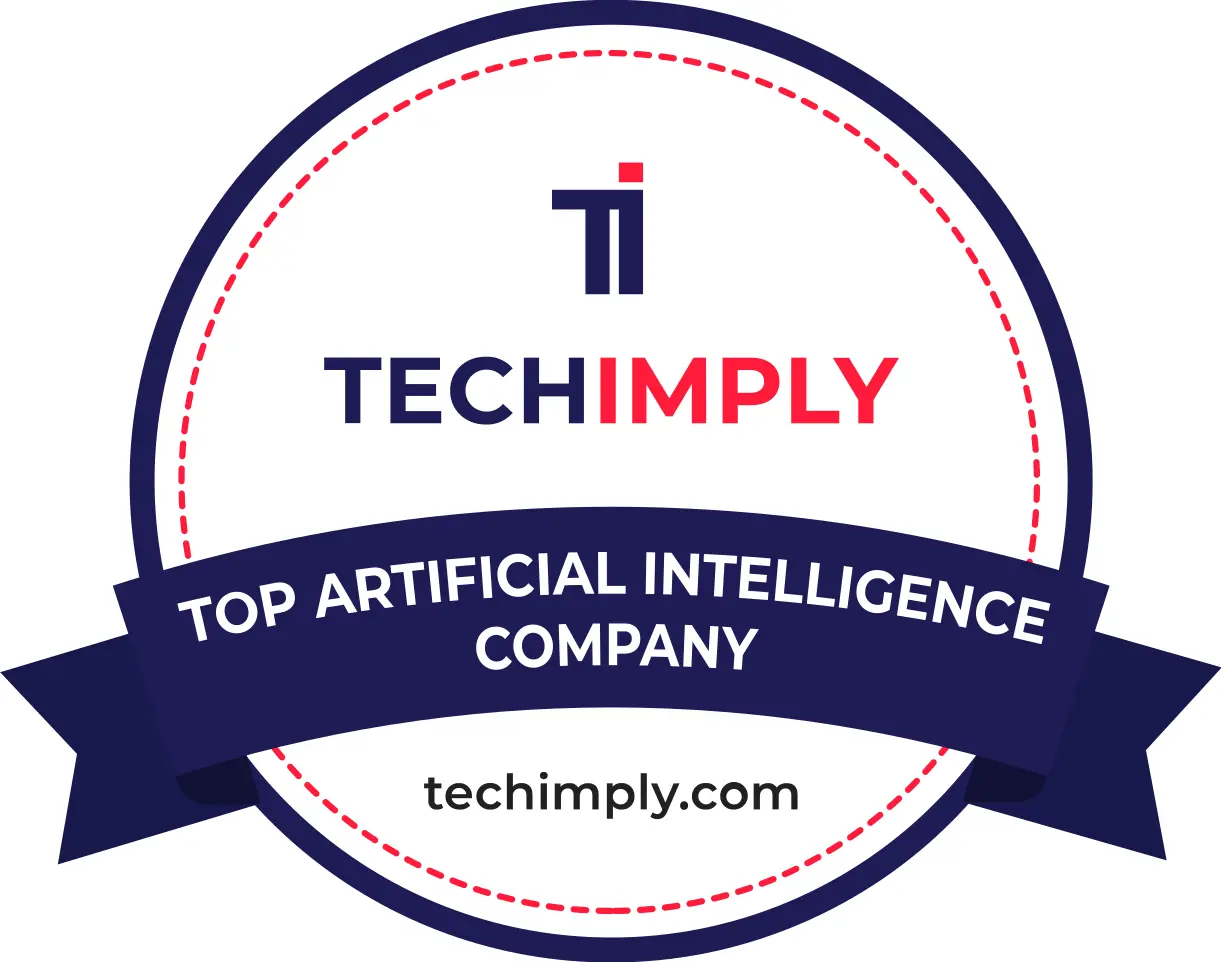
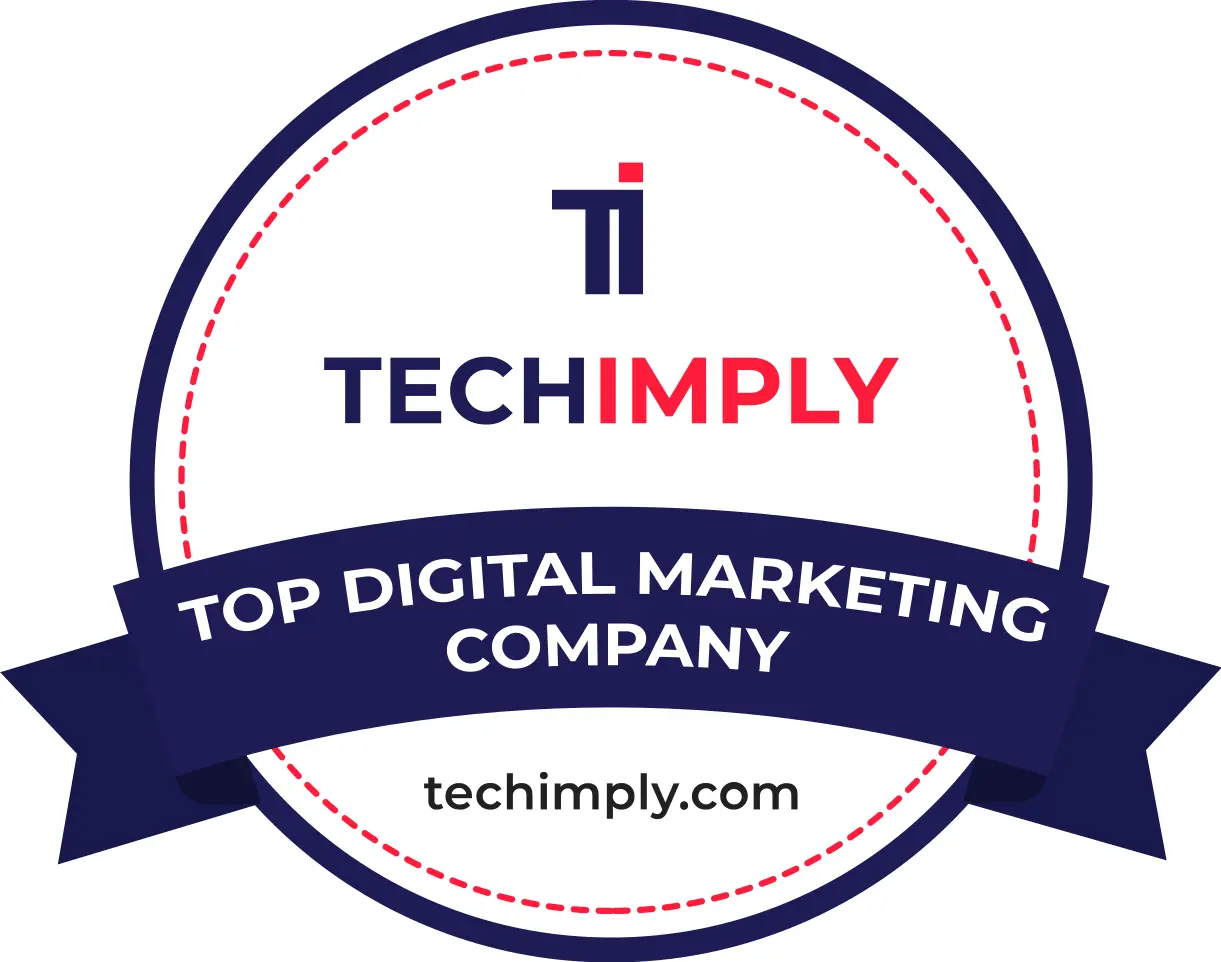
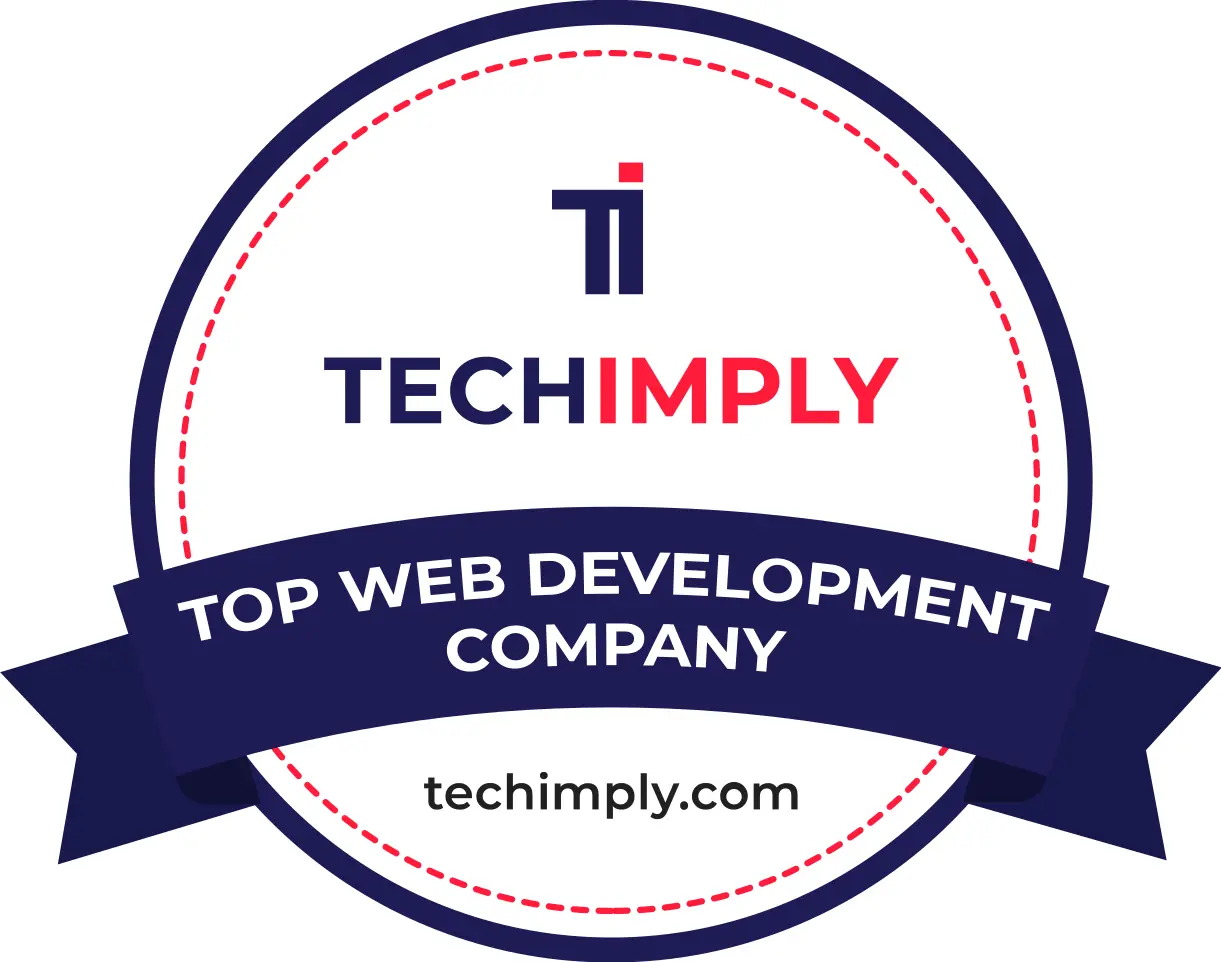
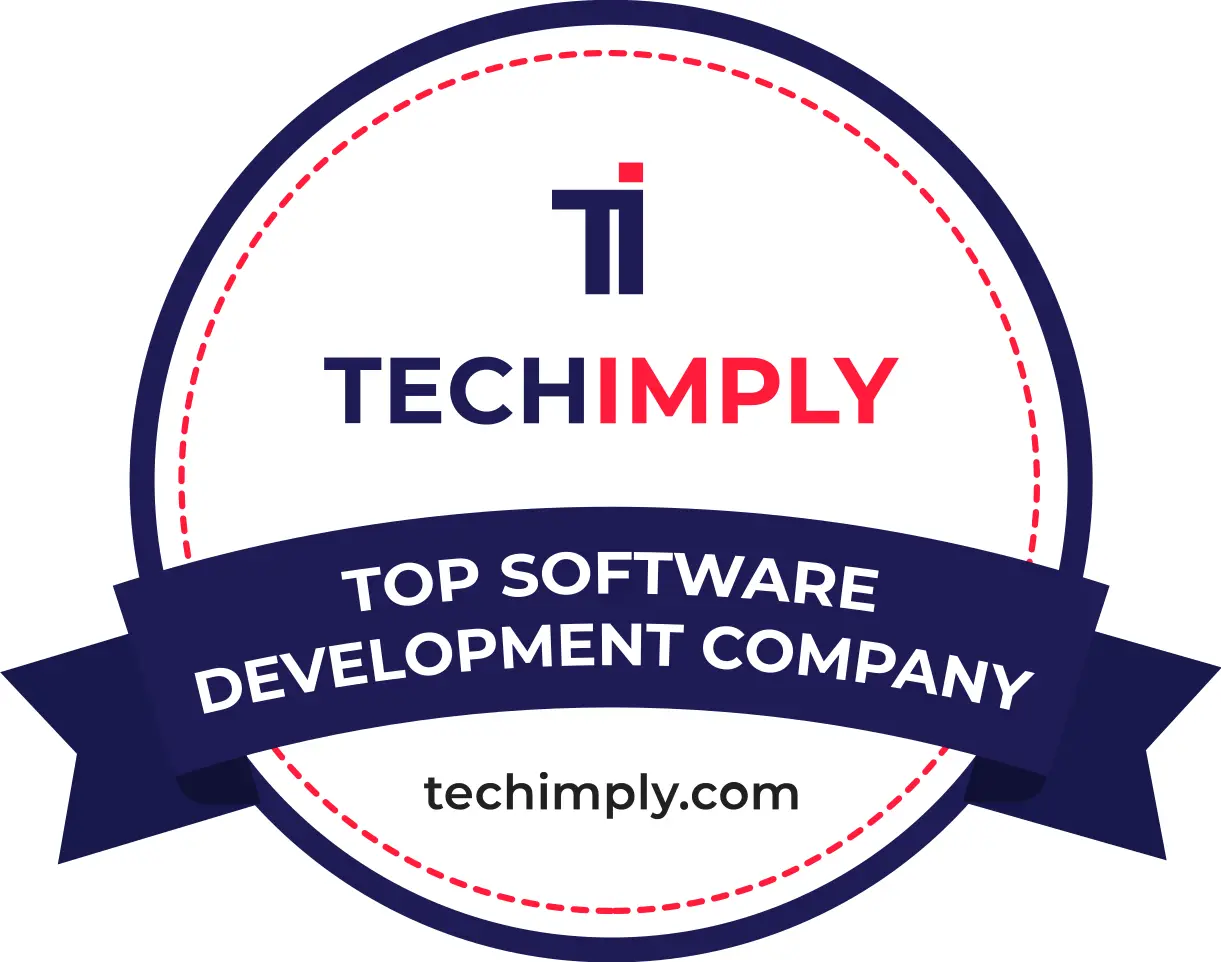
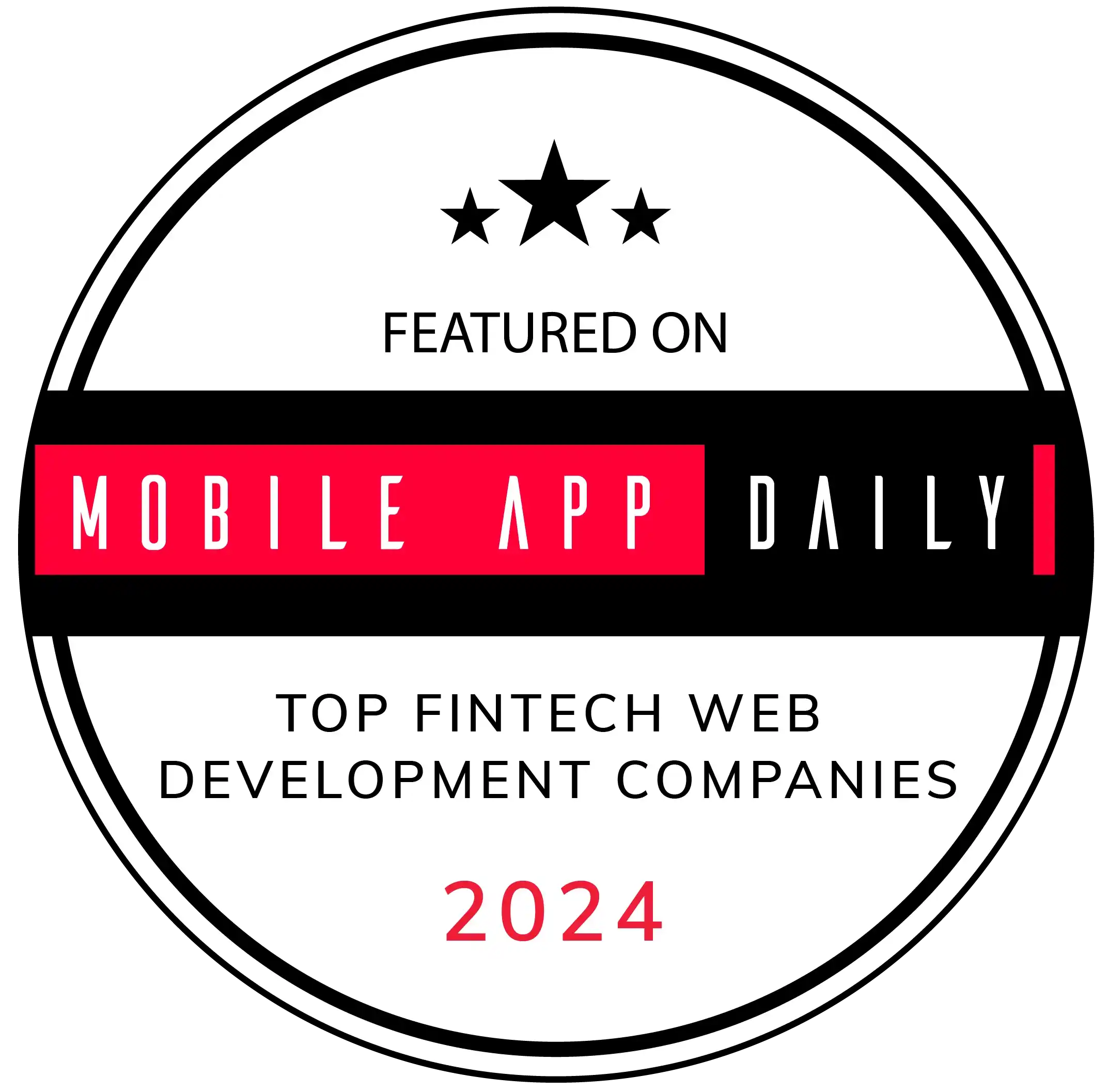
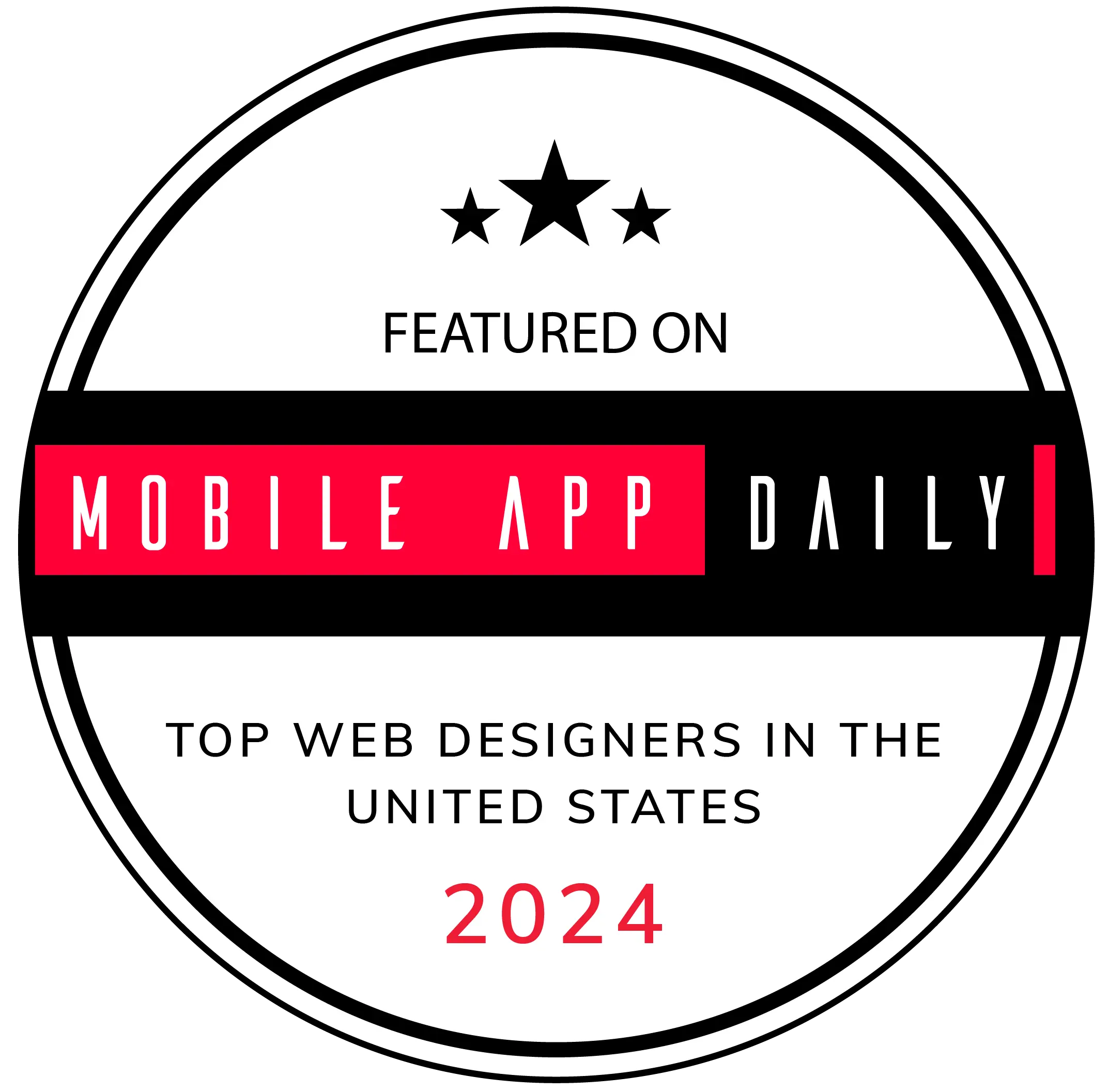
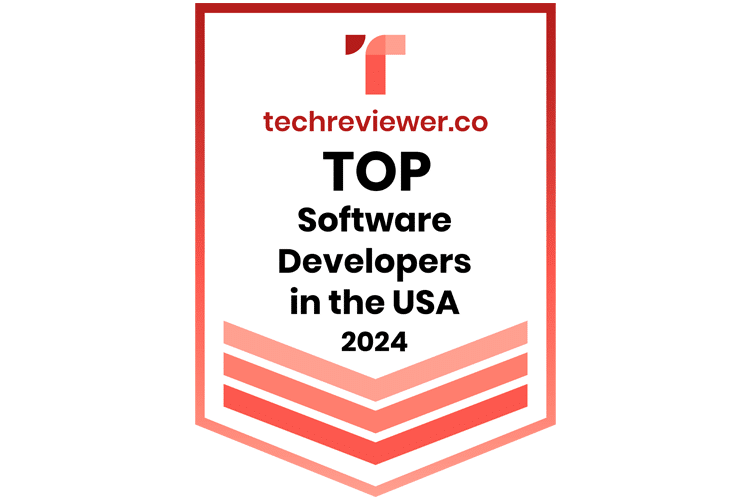
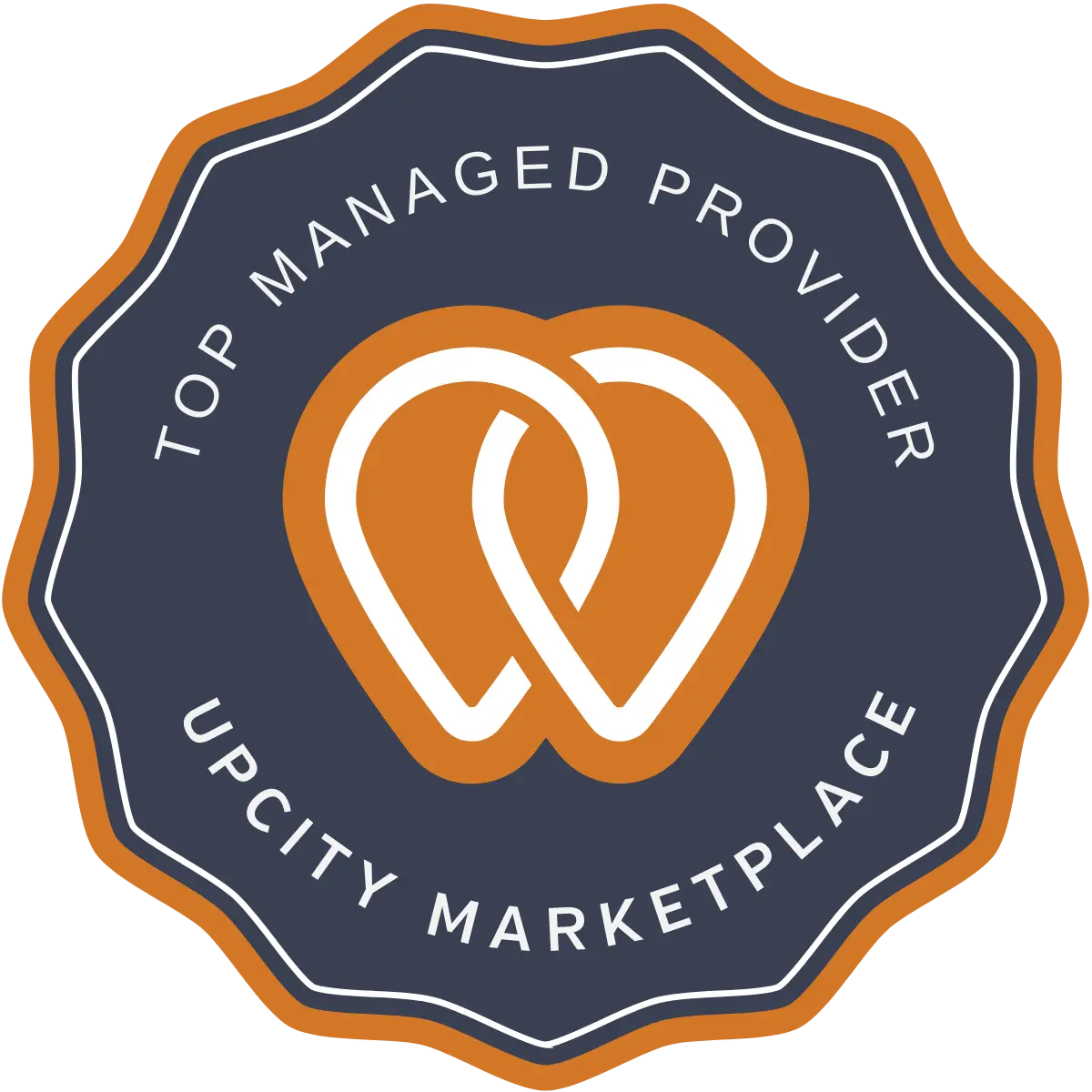
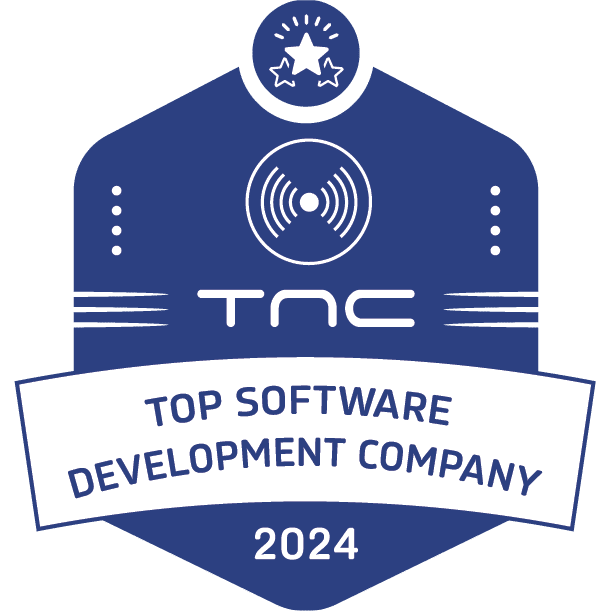
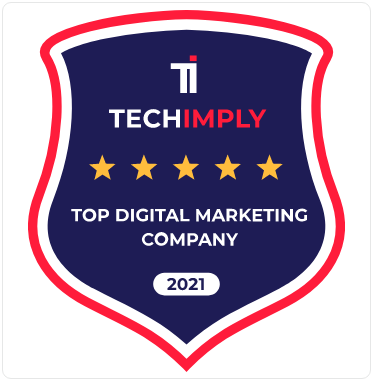
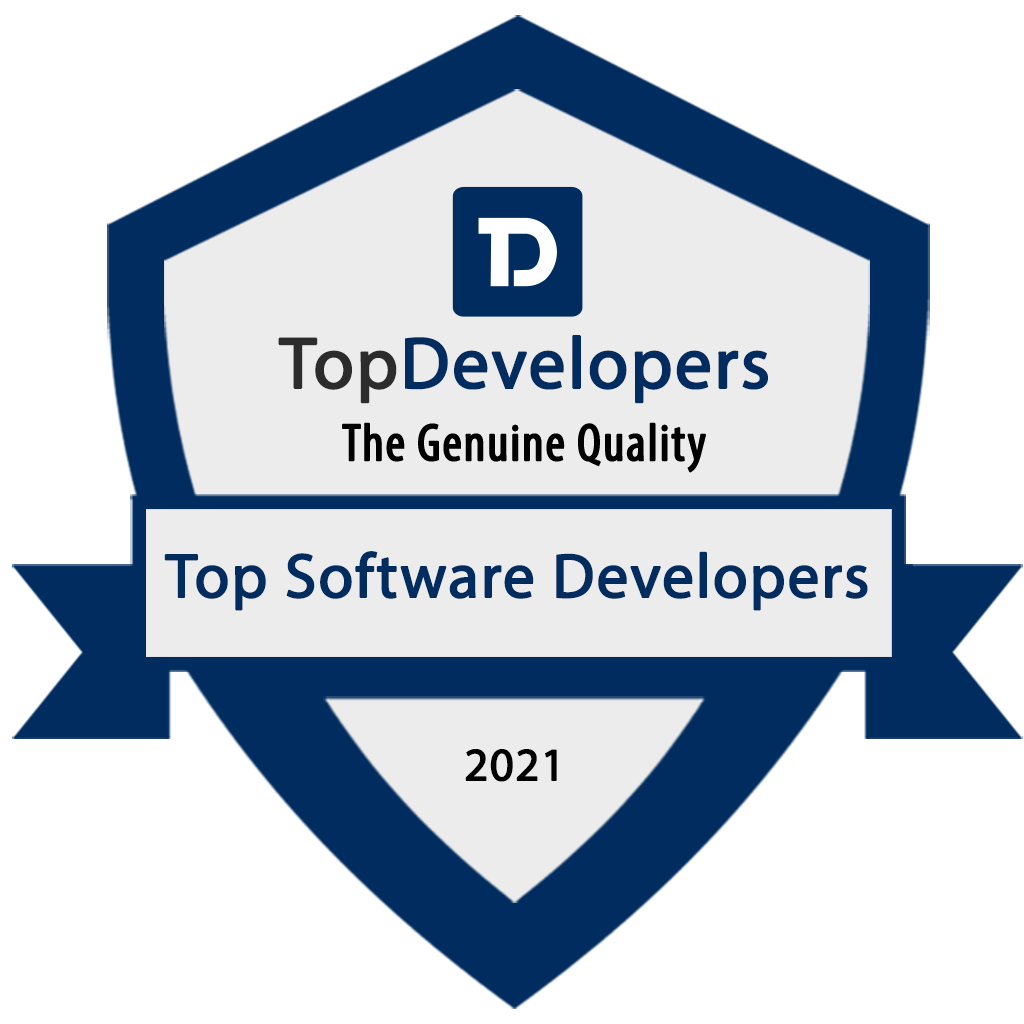
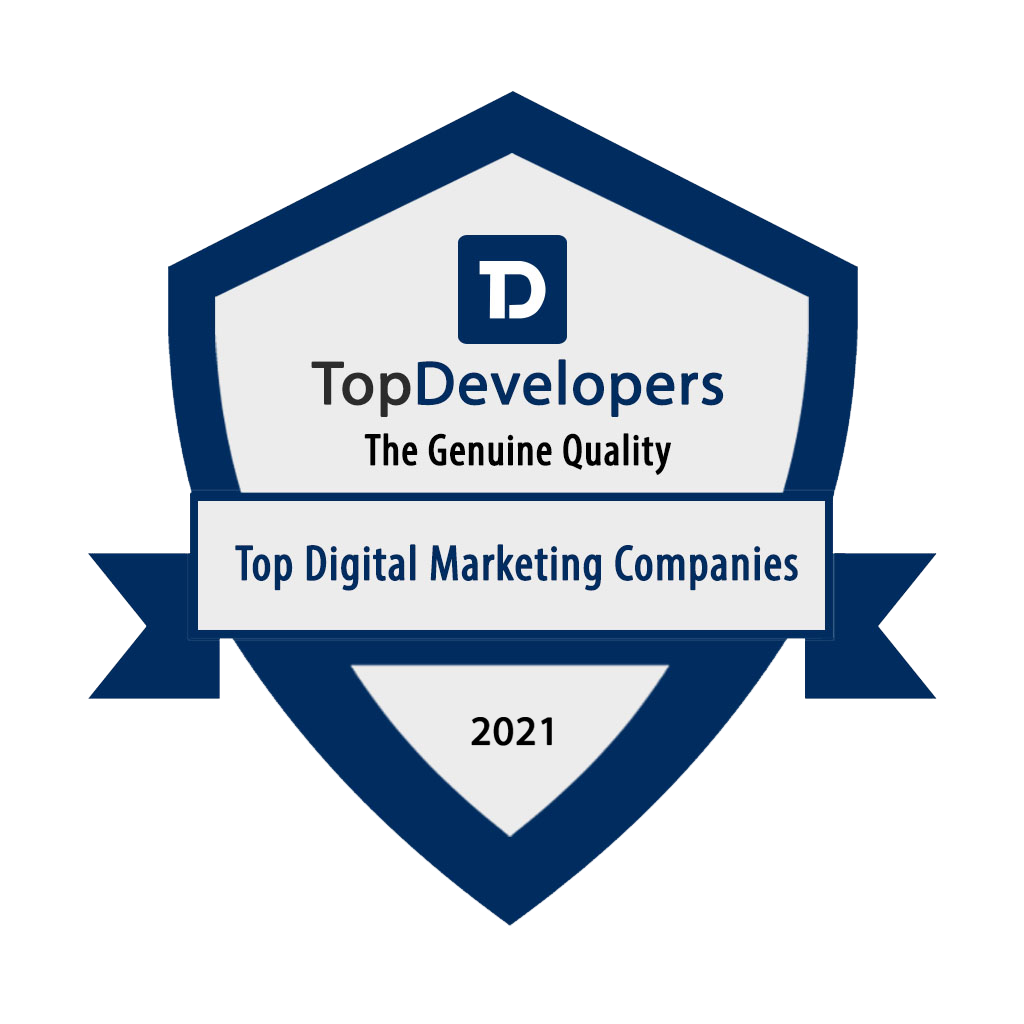
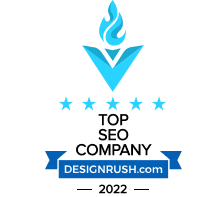
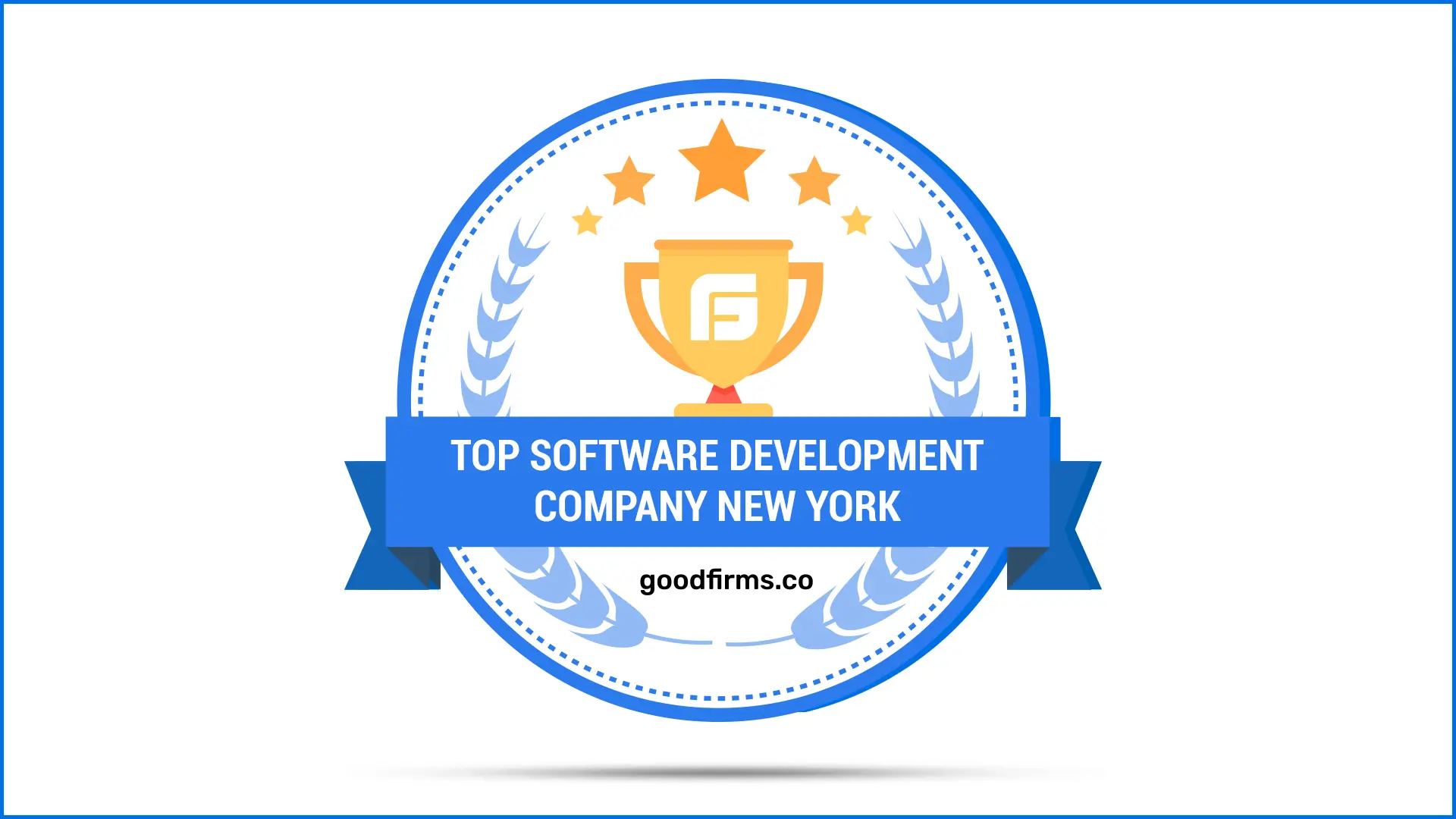
Certification
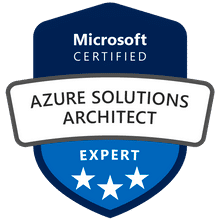
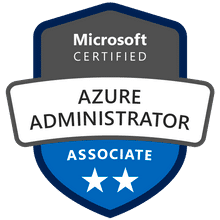
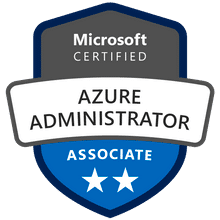
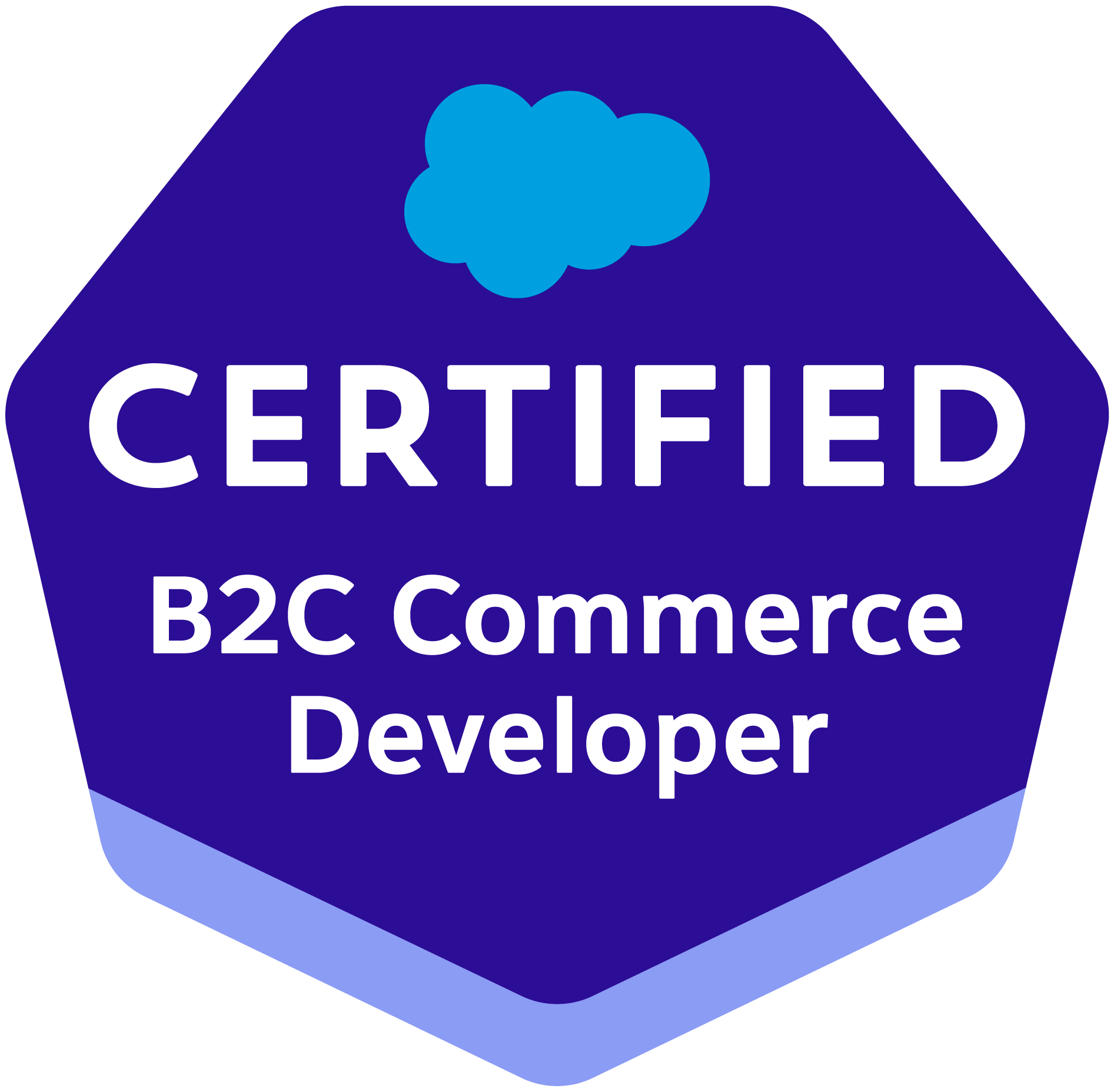
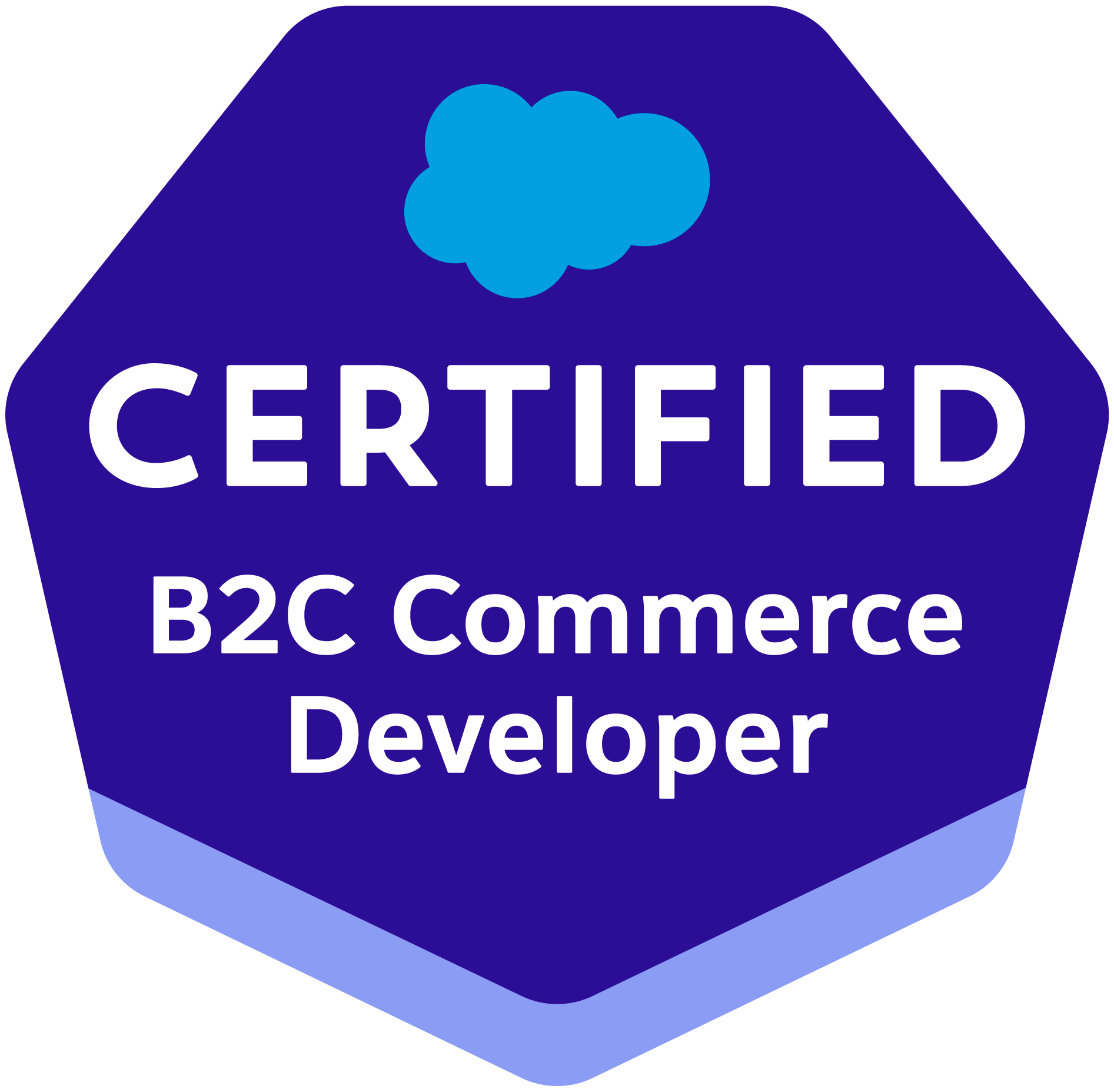
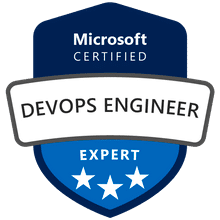

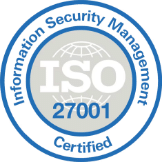
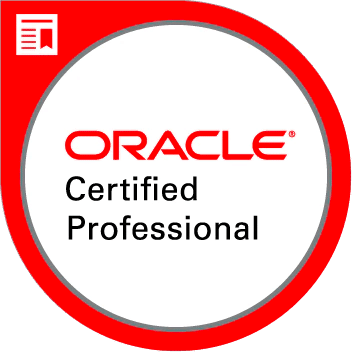
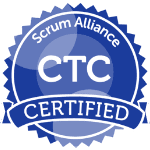
Explore more our Software Development Services
Our Engagement Models for MVP Development Services
-
Full Project Outsourcing
Our team manages your entire MVP lifecycle from strategy to launch, ideal for businesses without in-house technical resources.
-
Dedicated Teams
We provide a skilled team that works exclusively on your MVP, ensuring consistent progress, transparency, and long-term partnership.
-
IT Staff Augmentation
We strengthen your existing team with specialized experts to fill technical gaps and accelerate MVP delivery.
Our Technology Stack
AI Development Services

Python

.NET Core

Java
AI Development Tools

Jupyter / Anaconda

Colab

Kaggle
Cloud Computing Platforms

AWS

Azure
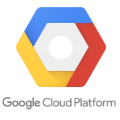
Google Cloud
DevOps

Snyk

JFrog

Jenkins
Frameworks / Libraries

TensorFlow

PyTorch

Keras
Data Storage & Visualization

BigQuery

Power BI
Tableau
10 Key Steps to Build a Software MVP
-
1. Define Your Product Vision
Identify the problem you want to solve. Research your target users, competitors, and market trends. Clarify your value proposition and choose a suitable monetization model.
-
2. Outline Core MVP Features
List all possible product features, then prioritize the must-haves for launch. Focus only on essential functionality that solves the primary user problem.
-
3. Validate with Target Users
Before development, validate your concept with real users through interviews, surveys, or mockups. Refine your feature list based on this feedback.
-
4. Plan Budget, Timeline & Scope
Create a detailed project plan that outlines the development timeline, budget, and key milestones. Include a risk mitigation strategy.
-
5. Choose the Right Tech Stack
Select technologies that support scalability and rapid development. Keep future product evolution and integrations in mind.
-
6. Design a Simple, Intuitive UI/UX
Create wireframes and prototypes focused on usability. Ensure accessibility and ease of use to attract and retain early adopters.
-
7. Develop the MVP Core
Build the frontend, backend, and APIs. Implement essential features, user authentication, and data validation mechanisms.
-
8. Test Thoroughly
Conduct unit tests, integration tests, and user acceptance testing. Fix bugs and optimize performance before launch.
-
9. Launch the MVP
Release your MVP to a limited audience. Track initial performance and gather real-world user data.
-
10. Collect Feedback & Iterate
Monitor user behavior, usage data, and feedback. Use these insights to fix issues, plan improvements, and guide future development.
Start a conversation by filling the form
Build your top-notch AI product using our in-depth experience. We should discuss your project.
FAQs about Large-Scale Software Development Services
An MVP (Minimum Viable Product) is a basic version of your software with essential features to test the market and gather feedback. Building it with Cloudester helps reduce risk, cut development costs, and speed up time to market with expert support.
Cloudester uses a clear 10-step process to manage your MVP from idea to launch. We focus on planning, user-friendly design, and strong development practices to deliver reliable results on time and within budget.
Our End-to-End MVP Delivery model is ideal. Cloudester handles everything from planning to launch, so you can focus on strategy while we manage the technical side.
Yes. With our Dedicated Team model, you stay connected through regular updates and shared responsibilities. This approach allows collaboration without full-time management.
If you have a team but need extra support, our IT Staff Augmentation service adds skilled professionals to fill gaps and help you meet tight deadlines or technical challenges.
The timeline depends on your project scope and features. On average, an MVP takes 2 to 4 months. Cloudester creates realistic timelines based on your goals.
Absolutely. We design MVPs with future updates in mind, using modern tech stacks that support product scaling and new feature integration.
We’ve worked across industries like healthcare, finance, eCommerce, logistics, and more. Our flexible approach adapts to your business needs.
Yes. After launch, we monitor user interactions and improve your MVP by refining features and fixing issues based on real feedback.
Yes. Cloudester follows strict security practices and is ISO 27001 certified, ensuring your data stays protected throughout development.
If your product idea isn’t fully developed, we help validate it by researching the market and planning a strategic MVP roadmap.
Yes, our team can join at any stage: design, development, or post-launch. We quickly align with your existing workflows.
With proper documentation, onboarding takes 1 to 2 weeks. More complex cases may take longer.
We ensure a 2 to 6 hour overlap in work hours and set clear response times for smooth coordination.
We use clear communication and regular updates without overwhelming you with meetings.
We assess the situation and adjust timelines or resources to accelerate progress without losing quality
We provide the SRS documentation to the client. The code will have comments to facilitate easy comprehension. Our documentation is comprehensive and self-explanatory.
Yes, Cloudester signs a Non-Disclosure Agreement before any software solution development discussion. Also, an NDA is an integral part of the Master Services Agreements we sign with clients.
This clause is covered in the IP contract, and NDA is also signed between us and the customer specifying the same. In addition, we audit our processes and train employees on a regular basis. These efforts ensure that our customers' intellectual property is always secure.
